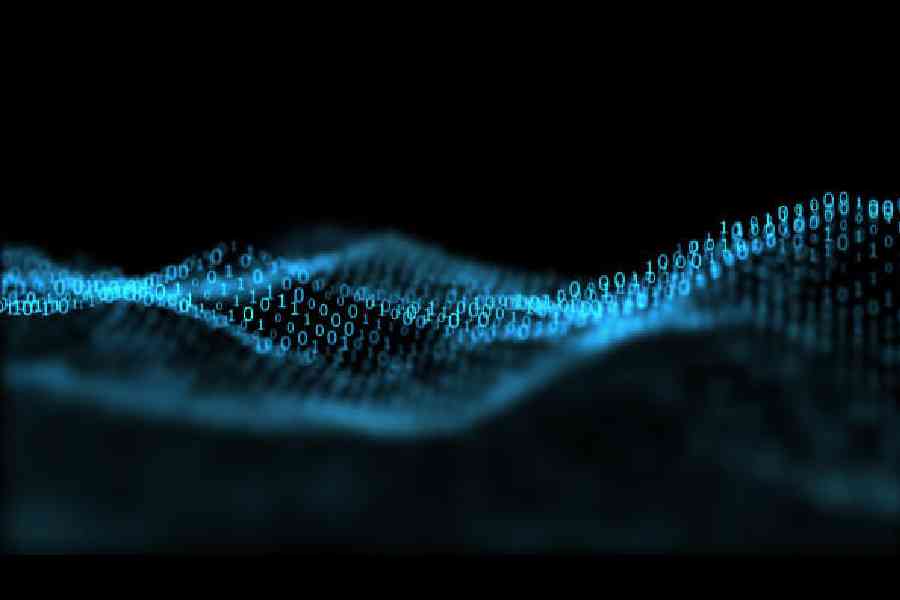Turn of the key: Why cryptography makes for good career choice now and in near future


Encryption is a security technique. The science of encrypting and decrypting information is called cryptology.
“Encryption works by encoding plaintext into ciphertext or coded text, typically through the use of cryptographic mathematical models known as algorithms,” says Bimal Roy, who is head of the Cryptology Research Group and the Indian Statistical Institute (ISI), Calcutta, and is general-secretary of the Cryptology Research Society of India. He is also a former director of ISI.
Decoding the data back to plaintext requires the use of a decryption key, a string of numbers or a password also created by an algorithm, or a set of instructions that are followed in order to complete a task or solve a problem.
Secure encryption methods have such a large number of cryptographic keys that an unauthorised person can neither guess which one is correct, nor use a computer to easily calculate the correct string of characters by trying every potential combination.
While explaining how encryption works, Roy invokes Arthur Conan Doyle’s The Adventure of the Dancing Men. When Hilton Cubbit shows his young American wife Elsie the curious messages he has been receiving — a series of dancing men — she takes fright. Cubbit, who is promise-bound not to contact the police, shares the sketches with Sherlock Holmes.
At the end of a long and riveting story, it turns out that Elsie was the daughter of a gang leader who had created the code that was the dancing men. Readers will have to go back to the story to find out how Holmes manages to decode the hieroglyphics.
That was 19th century fiction. Today, in real life, encryption methods are largely used to secure devices such as smartphones and personal computers, This is done to protect financial transactions and to make sure messages such as emails and texts remain private and unhackable.
But to get students interested in cryptology, Roy tells another story. The one about Alan Turing, British mathematician and cryptographer who played a key role in breaking the Enigma code during World War II. The German military used the Enigma code to send secure messages. Turing invented the Bombe machine to help decipher the codes and changed the course of world history.
Turing passed the baton to Claude Shannon, a mathematician, computer scientist, inventor and cryptographer at the University of Michigan in the US. Known as the “father of the Information Age”, he laid the foundation of modern cryptography. Shannon made a significant contribution to the field of cryptanalysis, which is the science and art of recovering or forging cryptographically secured information without any clue to the key.
In today’s information age, cryptographers have become critical members of the information security defence team in any organisation,” says Roy. “They study data encryption methods to find new ways to keep data secure while creating keys to the code so that the right users can access the information they need,” he adds.
According to him, someone with good data and analytical skills, an interest in both mathematics and codes, and open to the challenge of creating effective ciphers can look forward to a promising career in cryptography. A background in mathematics and knowledge of computer science or electronics help.
Although the terms cryptographer and cryptologist are interchangeably used, there’s a subtle difference in their functions. Cryptographers are builders, ensuring information can be securely scrambled and unscrambled. Cryptologists have to know all that and also how to potentially break codes.
As a mathematician and statistician and later, a director at ISI, Roy introduced cryptology as a full-fledged course in the curriculum decades ago. National Institutes of Technology and Indian Institutes of Technology later followed suit.
As nations fight each other in the cyberworld and criminals learn sophisticated techniques based on Artificial Intelligence systems to dupe unsuspecting
citizens, cryptologists are going to be in high demand in the near future.